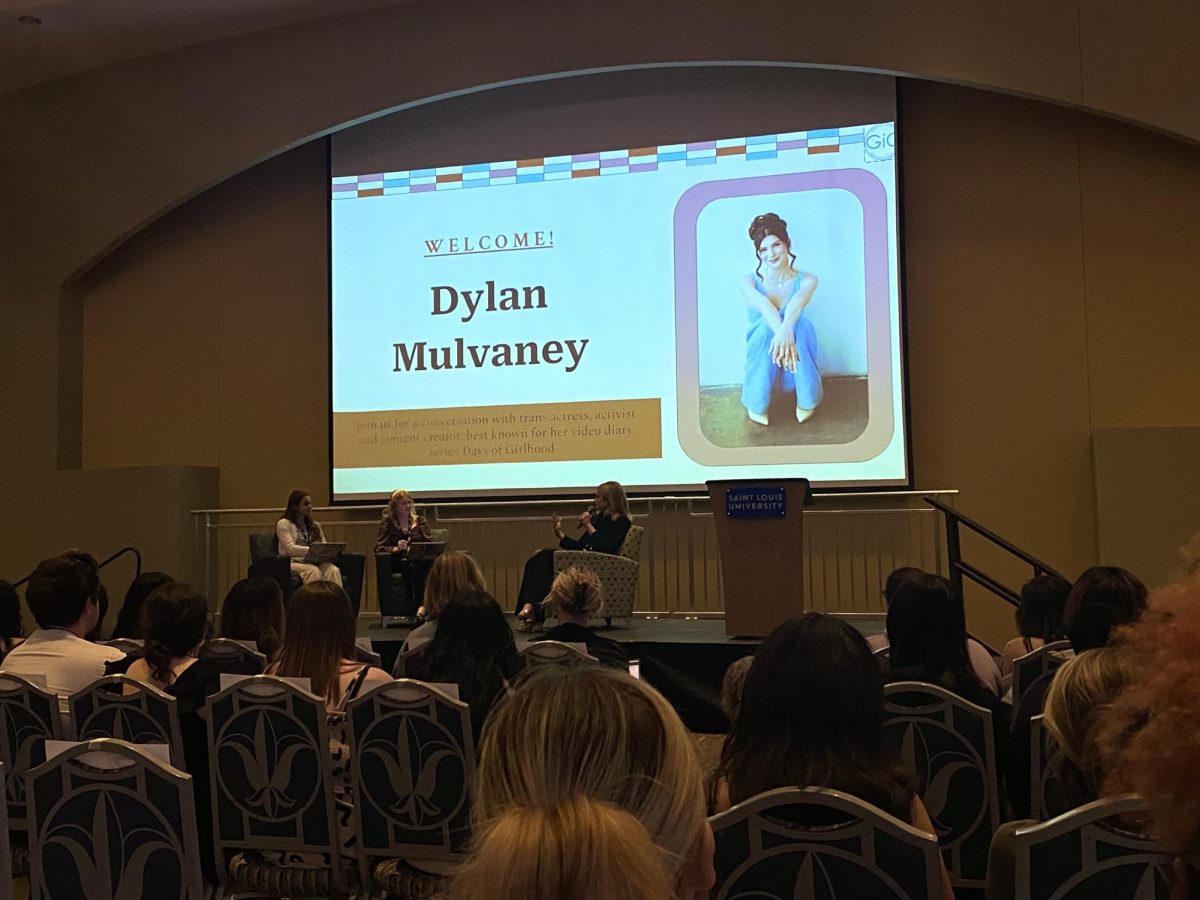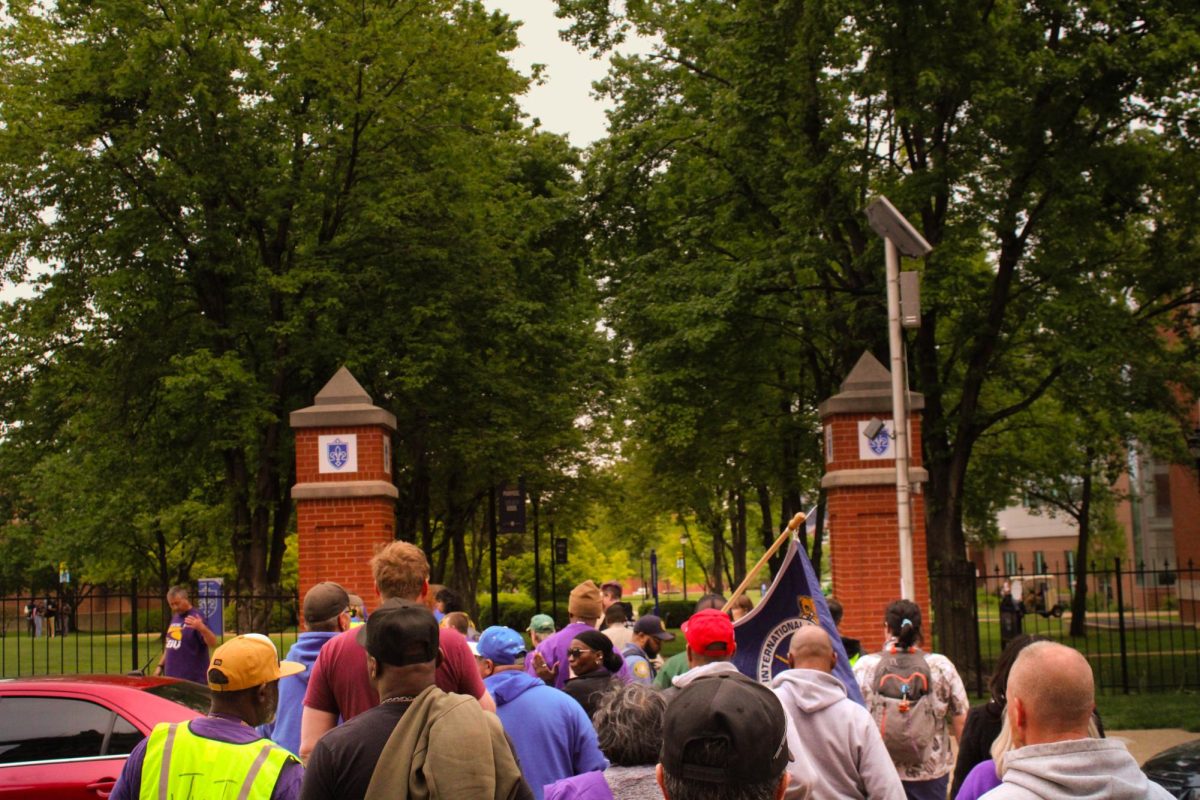Last Thursday, the Saint Louis University Library Associates presented the 38th Saint Louis Literary Award to renowned author Richard Ford. Ford said he was “honored to receive the award from an openly Catholic university.” The Library Associates was founded in 1964 by Father Paul Reinert, S.J. President of the University. Their mission is to “enhance the visibility of Saint Louis University libraries in order to promote the development of their collections and services.”Alongside the Associates, a panel of SLU writers, including English professor Harold Bush, Ph.D. and English graduate students Aaron Belz and Aaron McClendon welcomed the author. Belz and McClendon were also awarded; they received the Walter J. Ong. S.J. Award, commemorating their scholarly achievement and prominence in the English program.Bush clarified that Ford’s award-winning novel Independence Day was not the inspiration for the movie. The book examines the meaning of “independence” and questions whether “independence could in fact mean a freedom to make contact with others, rather than just the freedom to sever oneself from others,” Ford said. Ford also wrote Wildlife, The Sportswriter, The Ultimate Good Luck and A Piece of My Heart, as well as three collections of short stories: Rock Springs, Women with Men and A Multitude of Sins. He was awarded both the Pulitzer Prize and the PEN/Faulkner Award for Independence Day ?_” the first book ever to win both prizes. In 2001, he received the PEN/Malamud Award for excellence in short fiction. Ford is among the various literary giants the Library Associates has invited to SLU each fall since 1967, awarding recipients such as Joyce Carol Oates, Tennessee Williams and Eudora Welty. According to Interim University Librarian Richard Amelung, the organization was established as part of the Civic Pride Movement in the ’60s. More specifically, it “was meant to parallel the movement to highlight cultural aspects of the St. Louis metropolitan area,” said Amelung. The Library Associates is geared toward social events, some of which are fundraisers. These events typically take place in a member’s home and focus on the works of authors and scholars of local and international merit. Ted Zoran, a friend of the Associates, occasionally visits these events ?_” and not just because of the friendly atmosphere. “I just want to hear authors speak. These authors give insights into the world in which we live,” he said. According to the Library Associates Board of Directors member Jane von Kaenal, the insights Ford gave on Thursday made the award presentation the “literary event of the year.” Board member Julian Moore expressed his surprise about how willingly Ford shared his personal motivation for writing nonfiction. “Ford’s works are not based on his childhood and are often negative, nihilistic and passive,” he said. Many of Ford’s novels take place in the western United States, a place he never visited until after he had researched and written about its culture and landscape. Ford grew up in Jackson, Miss., which, he said, “had already been described in the way [he] would’ve by William Faulkner,” and so he picked another setting. He already grew up in a setting where his life questions were not answered. His mother would simply respond, “Rich, son, I don’t know.” Ford then grew up a sly boy; he looked for secrets and was convinced complicated connections existed behind factual explanations. His imagination went rampant. Invention of reality is his forte. Today, his words are said to “have a keen sense of place and vivid description,” even if they describe a place he has never seen. Words have always been Ford’s passion. He grew up with dyslexia, lacking the ability to read fluidly and process quickly but able to stare at a word and appreciate the way it sounds and looks. “Reading and writing are the toughest things for me to do. They’ve always been, and that’s why I do it,” he said. With SLU’s expanding creative writing program, Ford was asked what advice he has for aspiring writers. “Read. Read. Read. Whatever is indispensable can become what you aspire to as a writer. Write later,” he said. Ford has taught creative writing and literature at Harvard University, Princeton and Northwestern and Williams College. Currently, he teaches intermediate and advanced writing at Bowdoin College.






